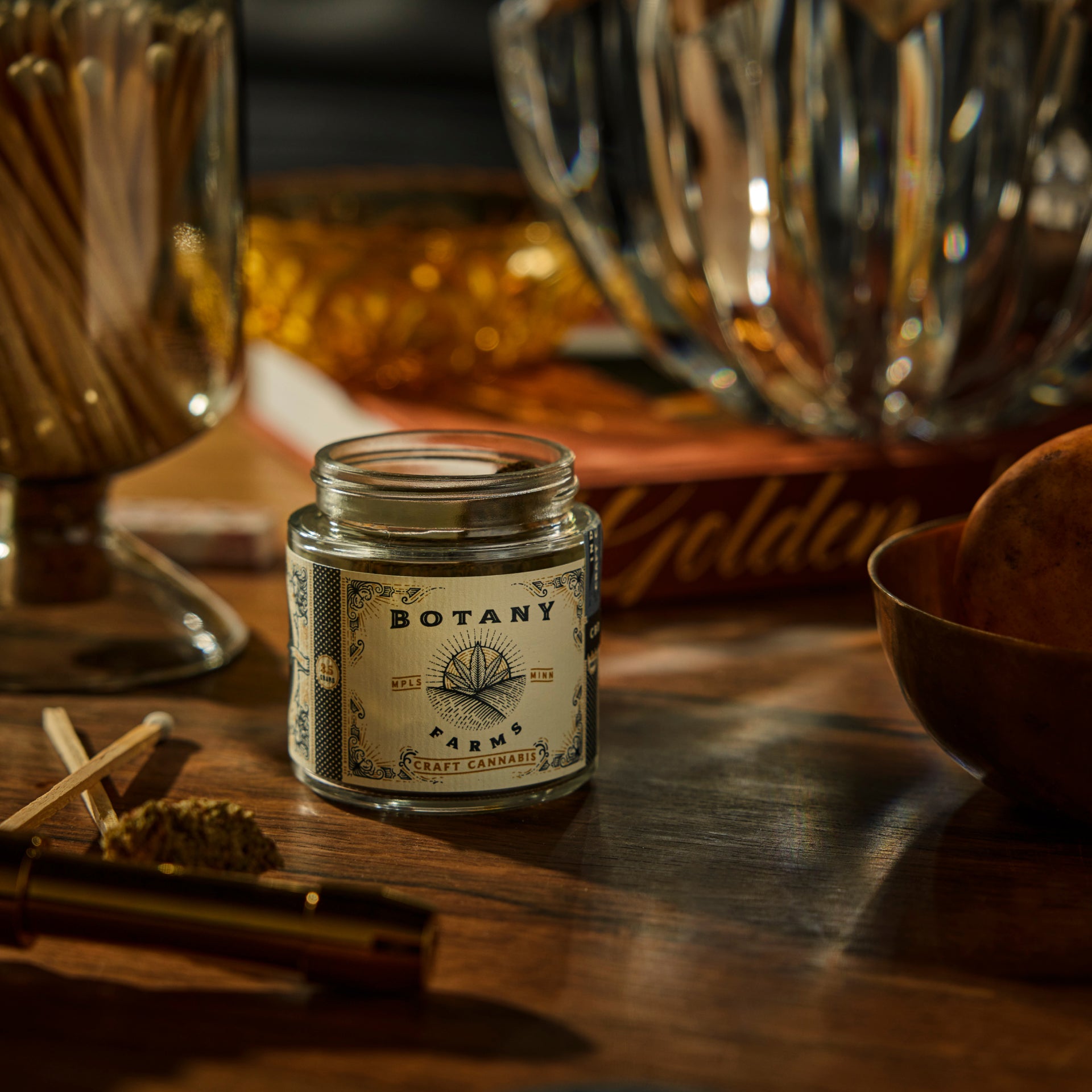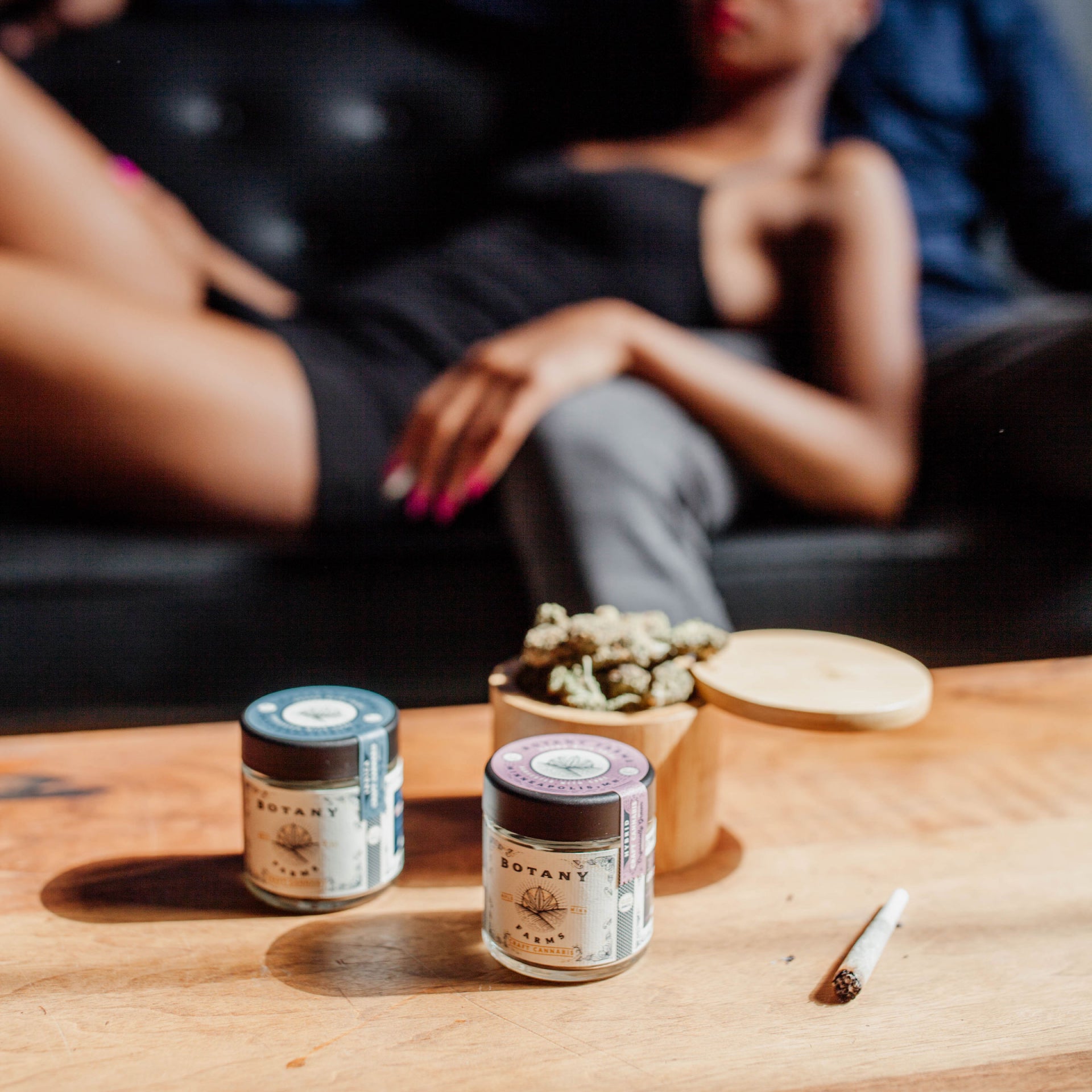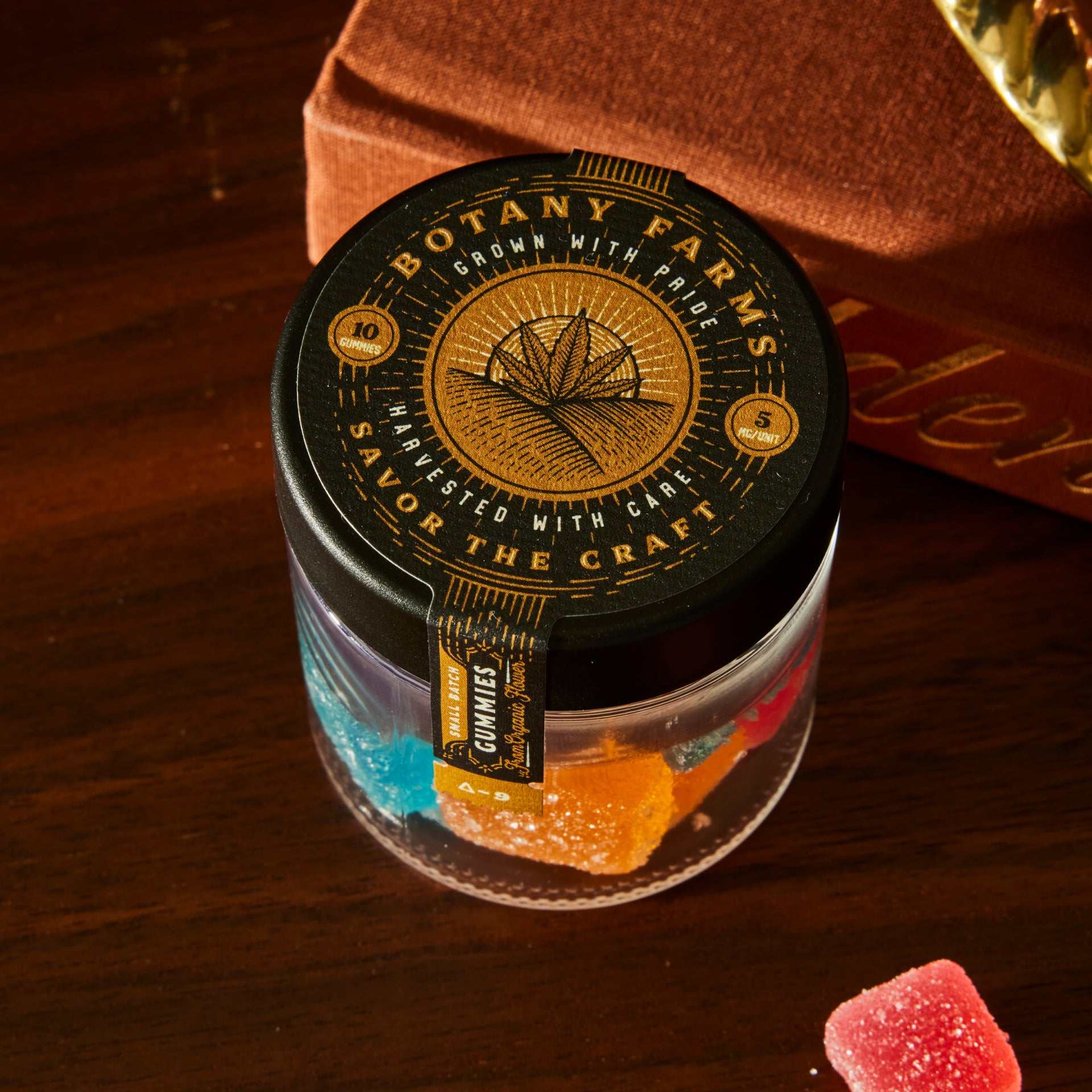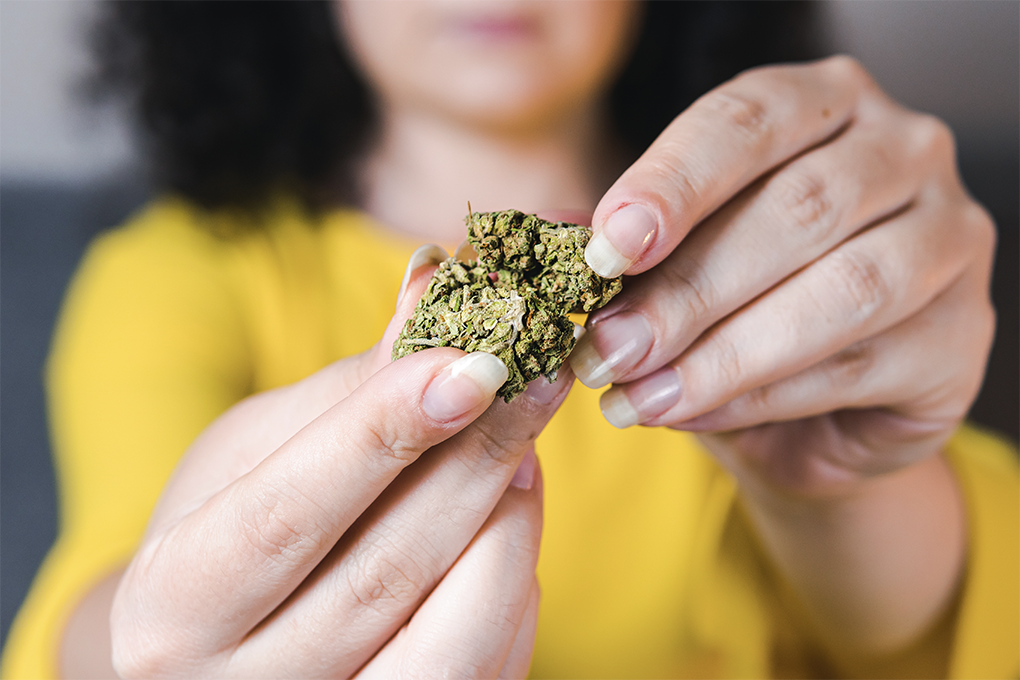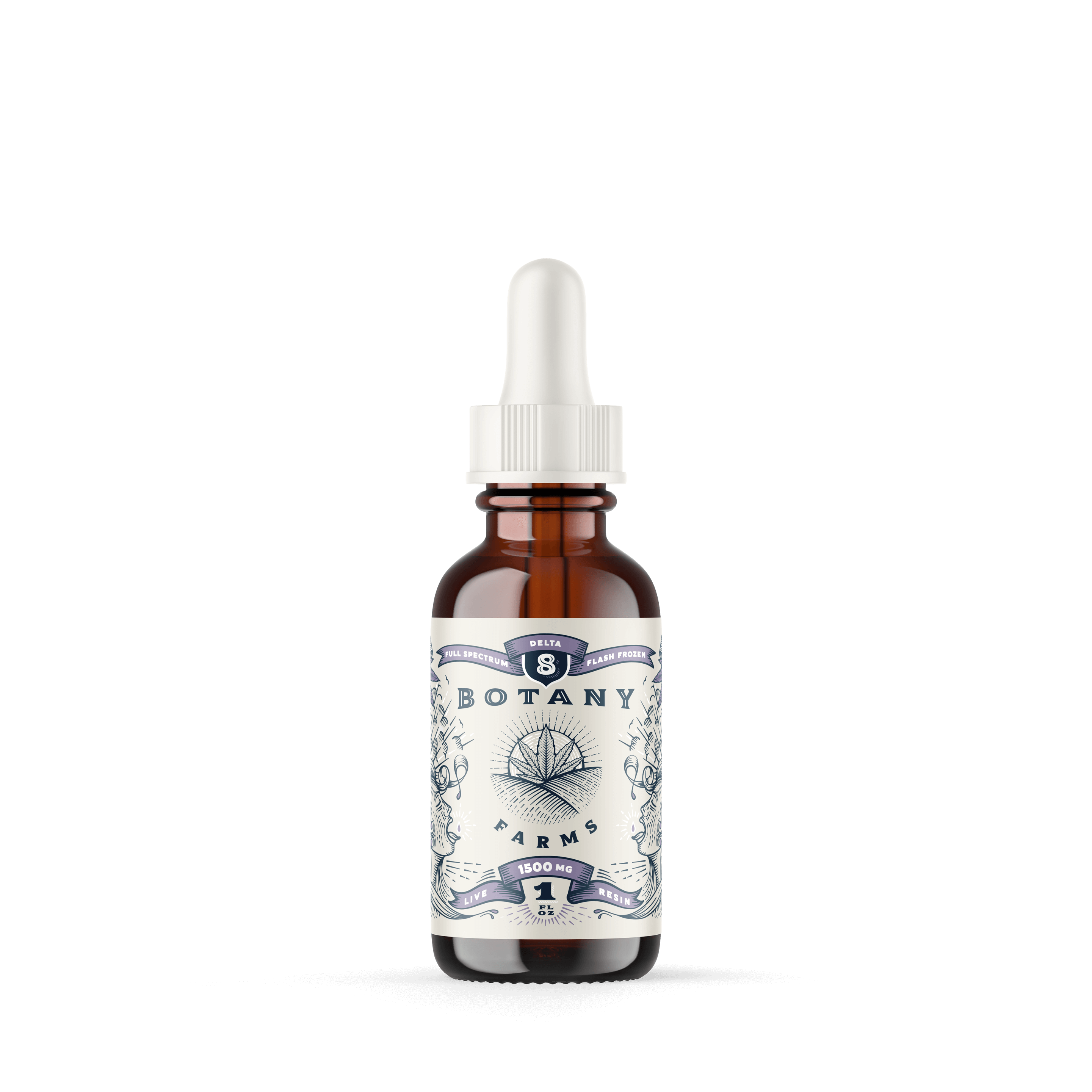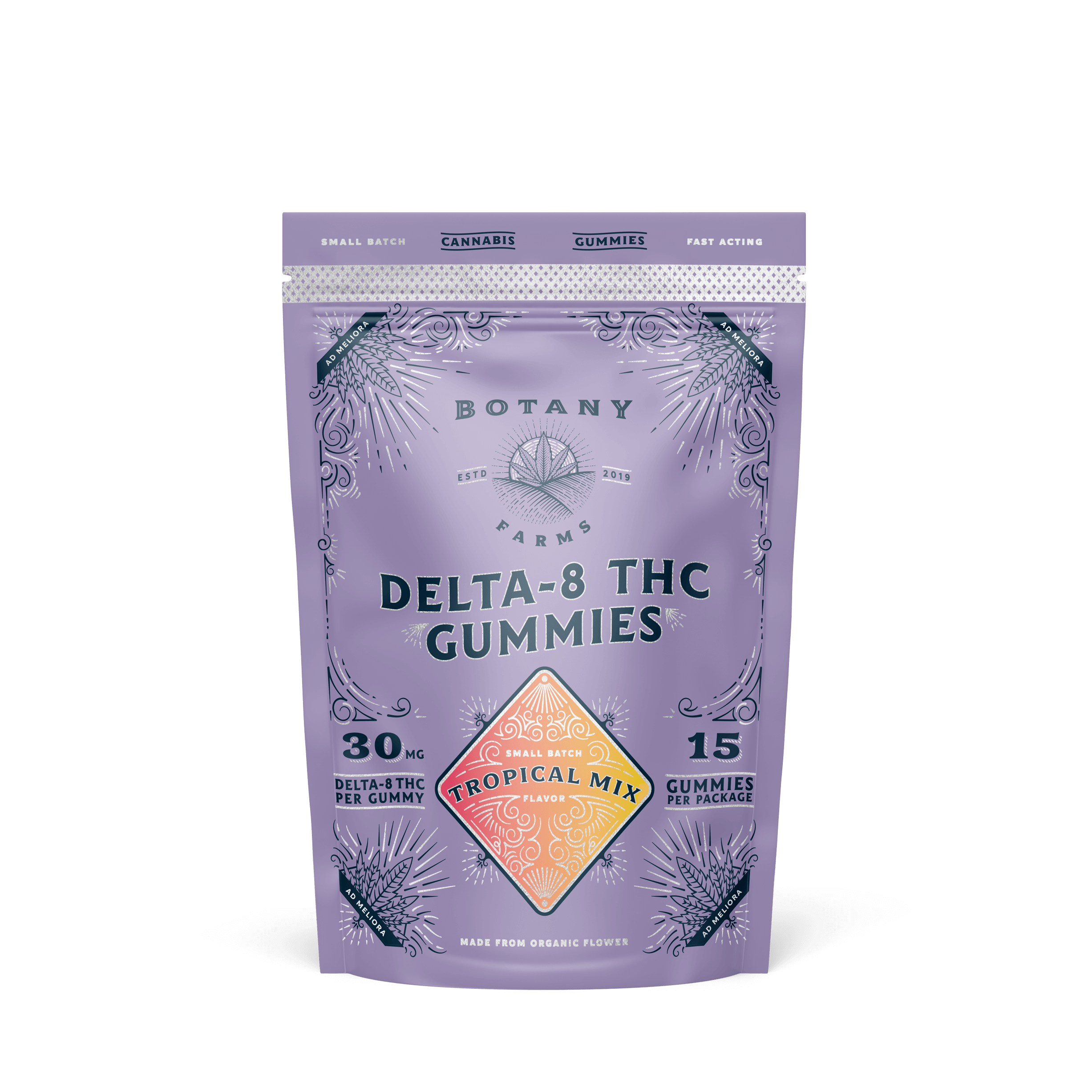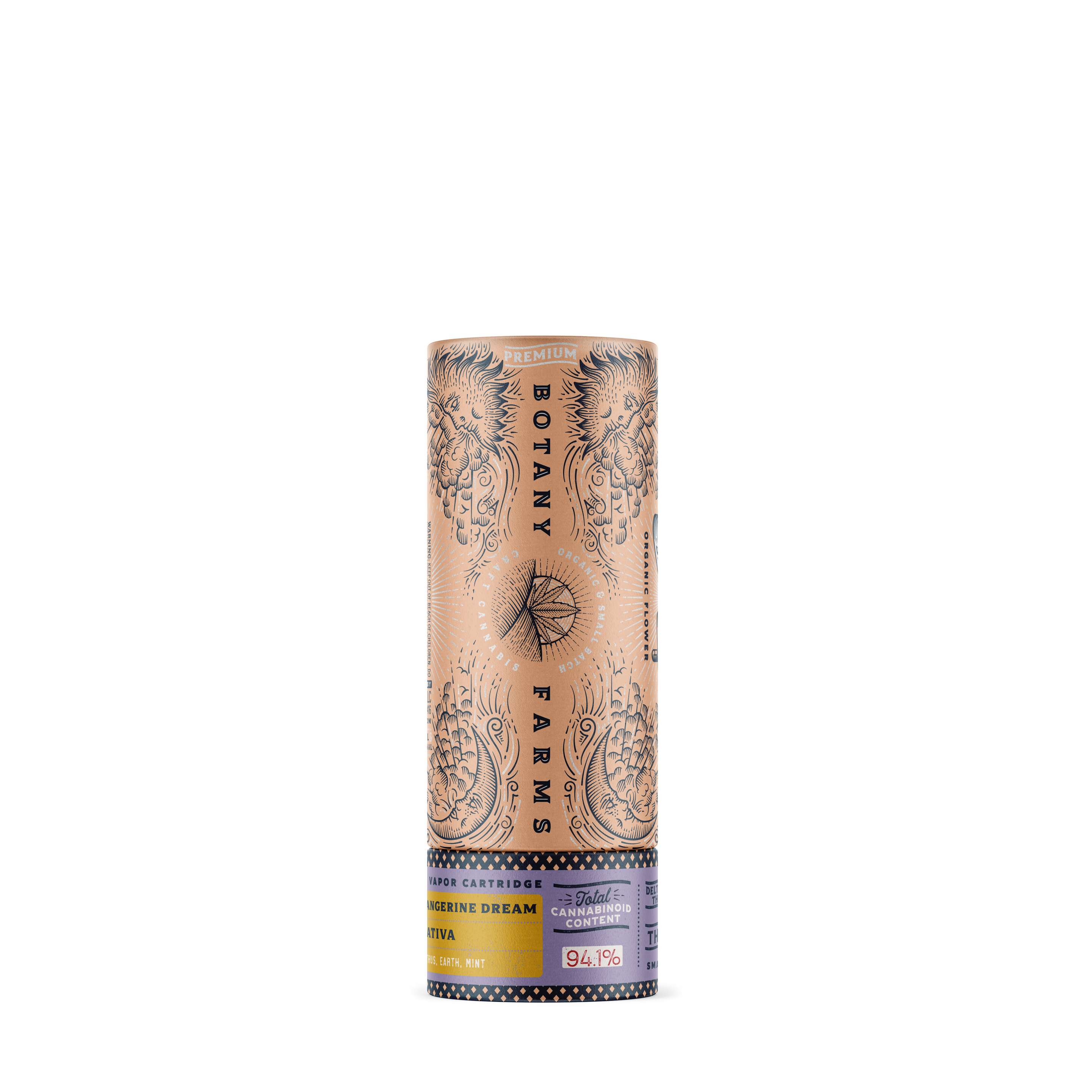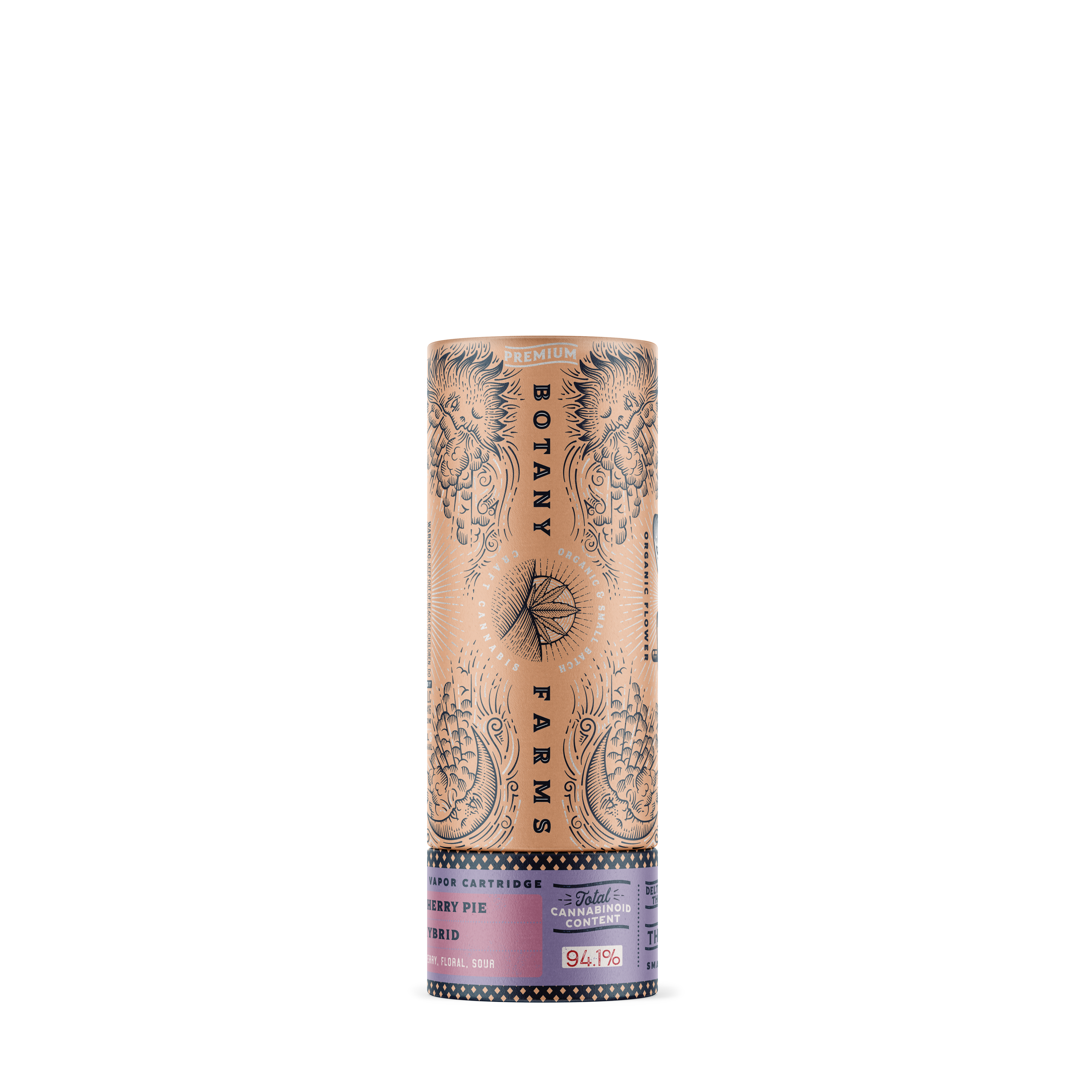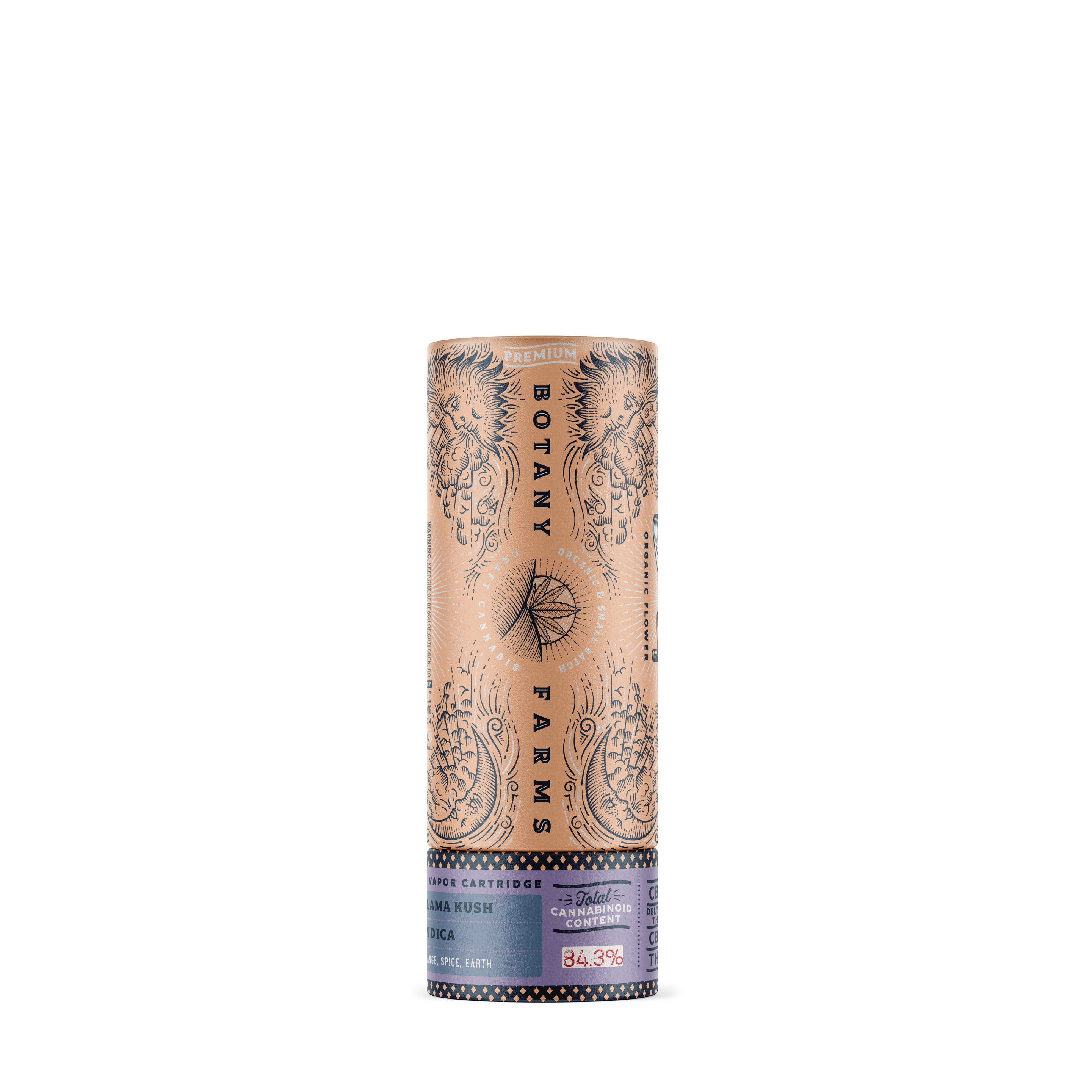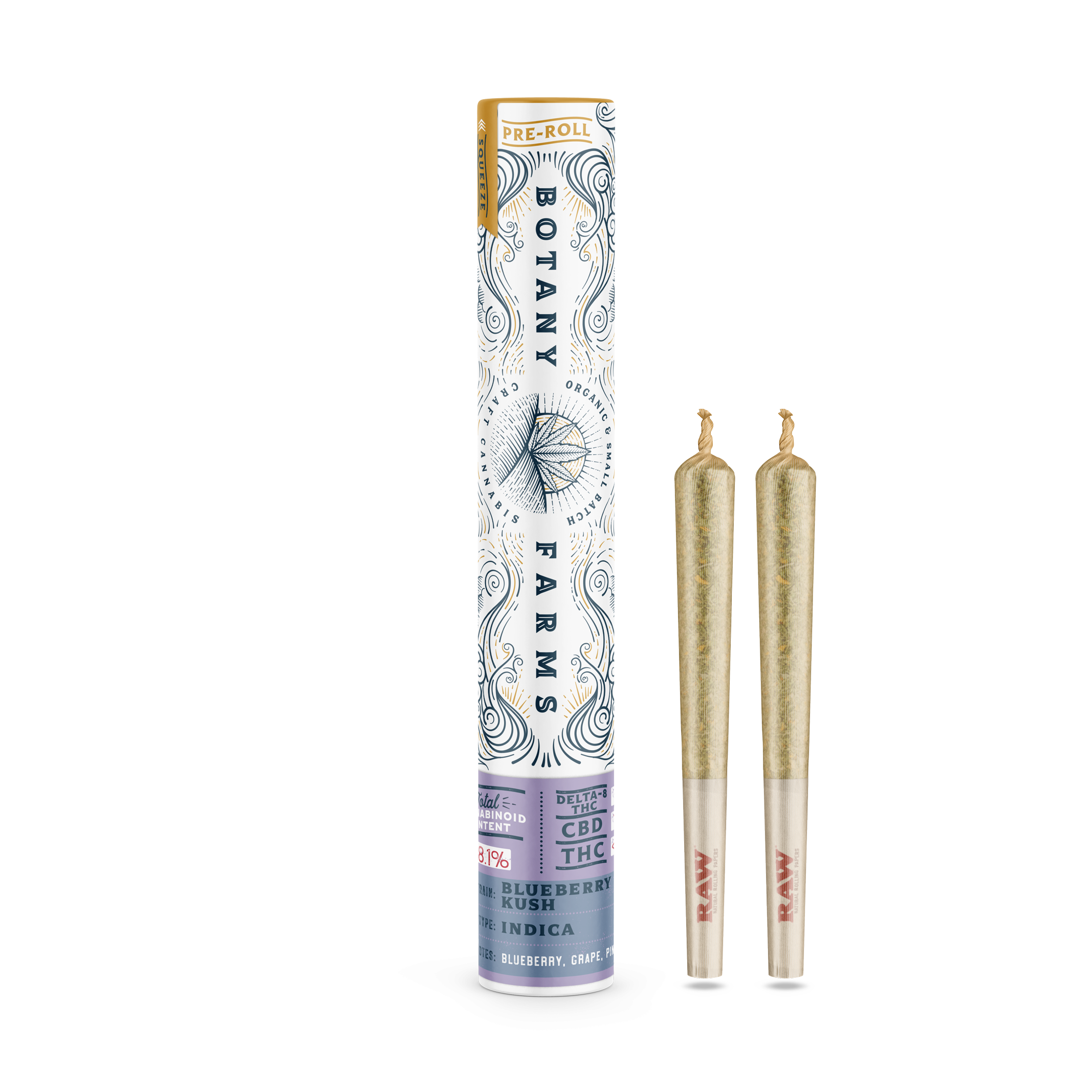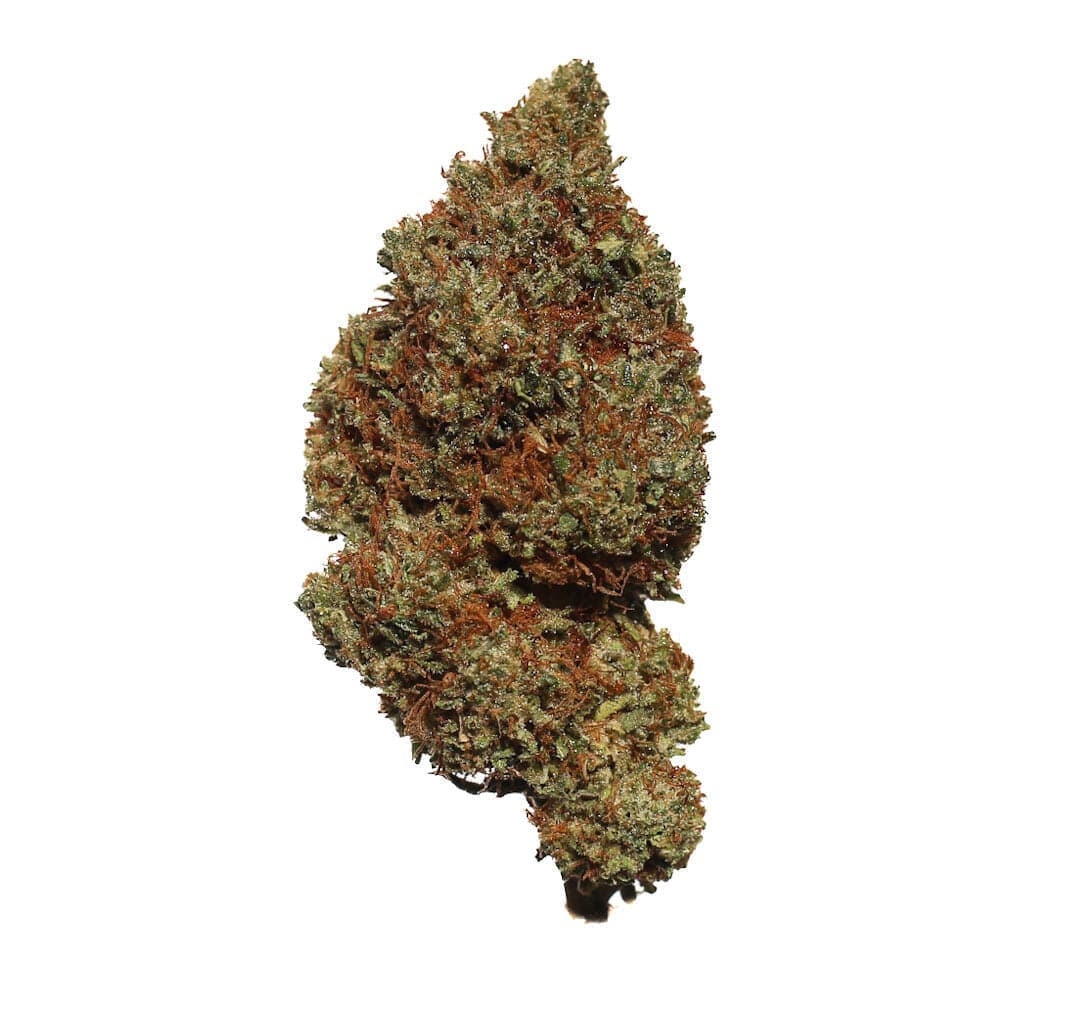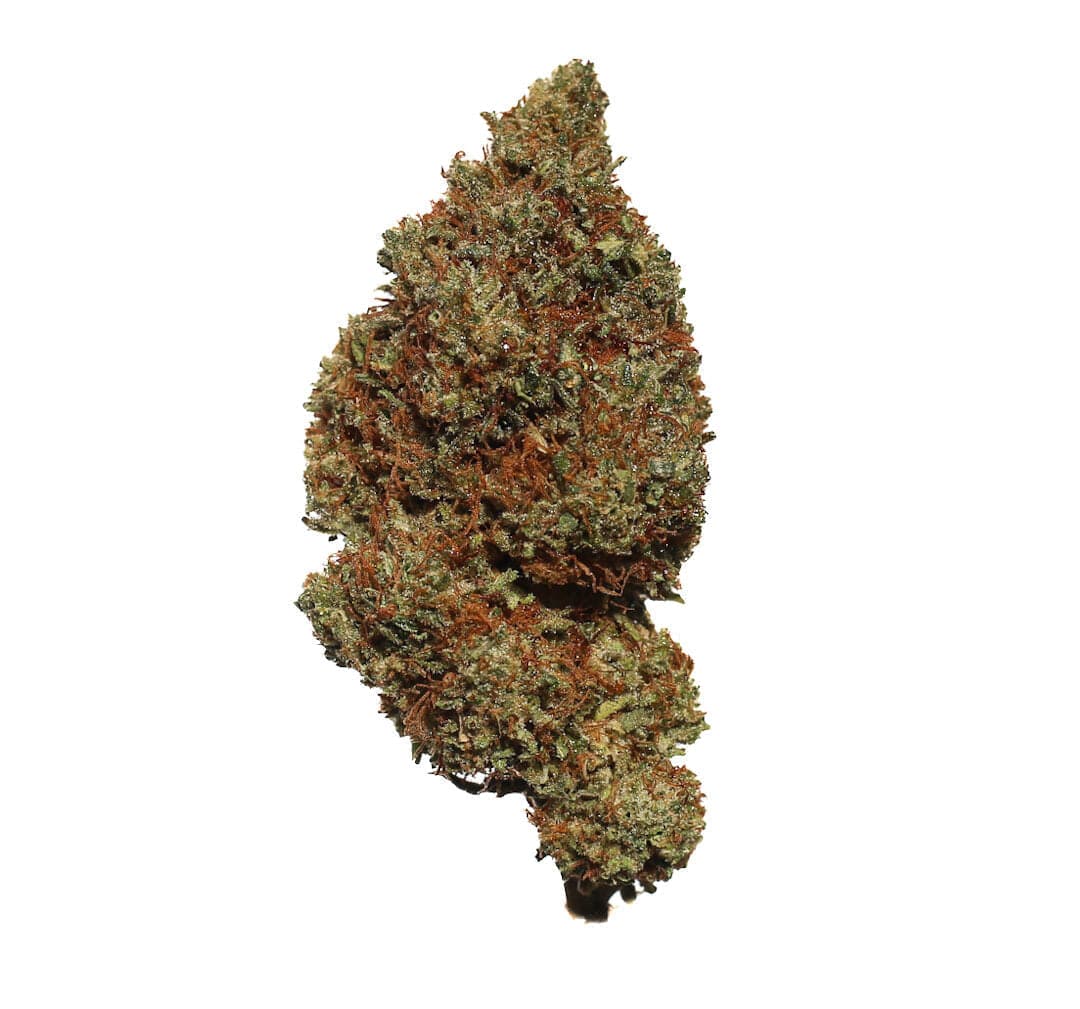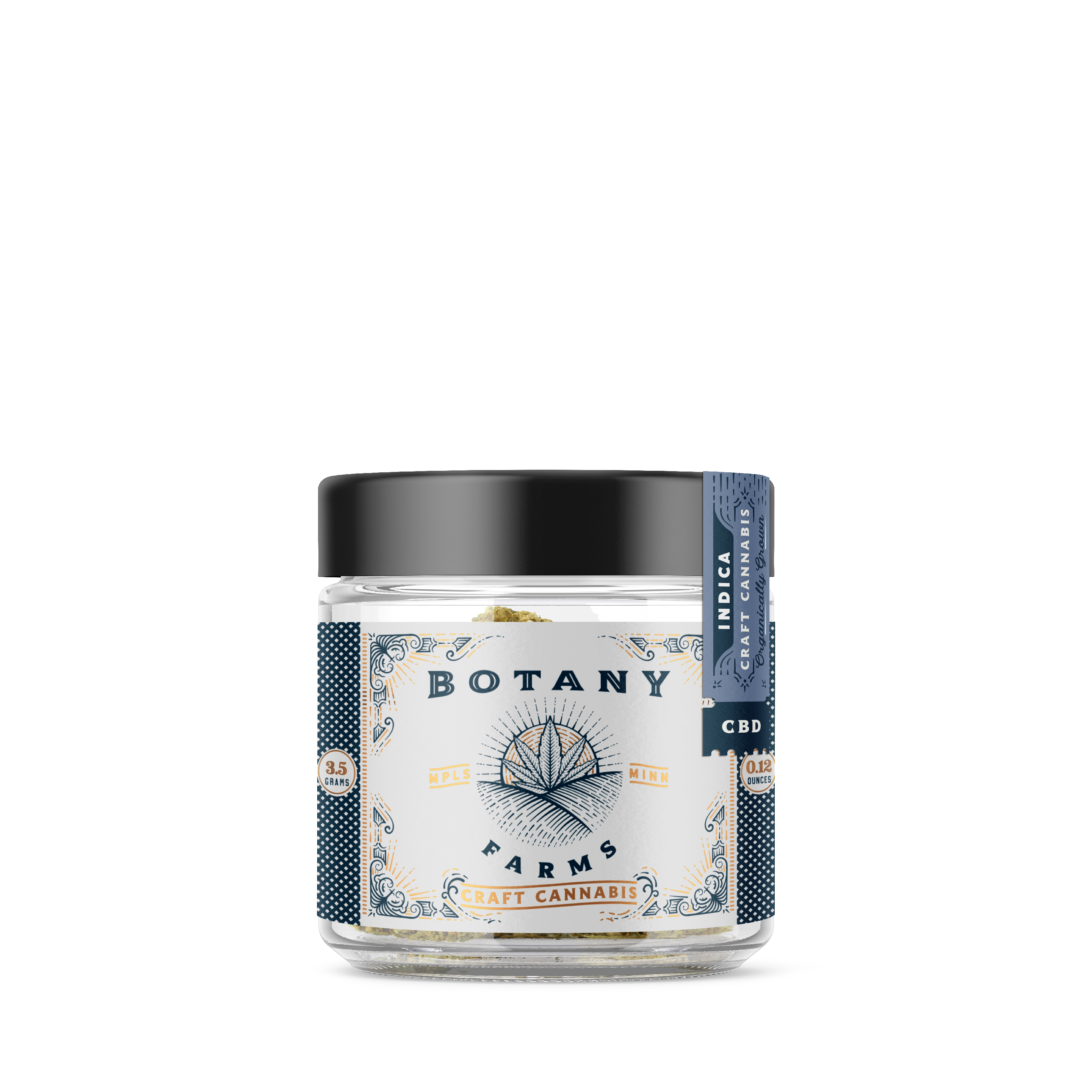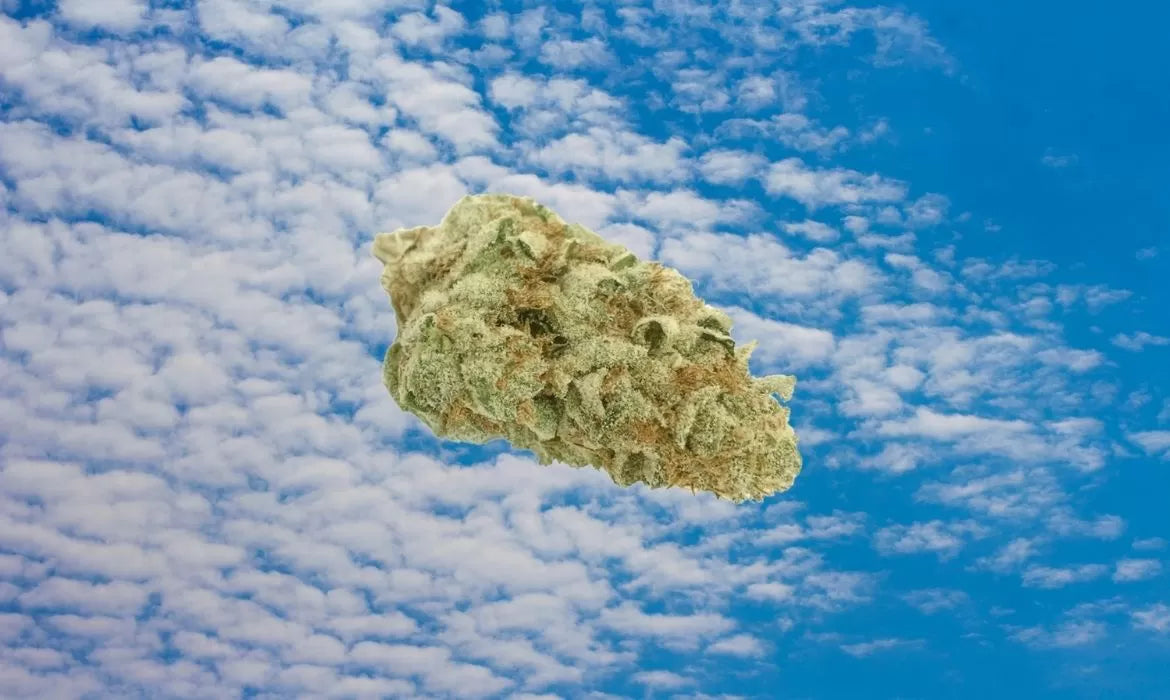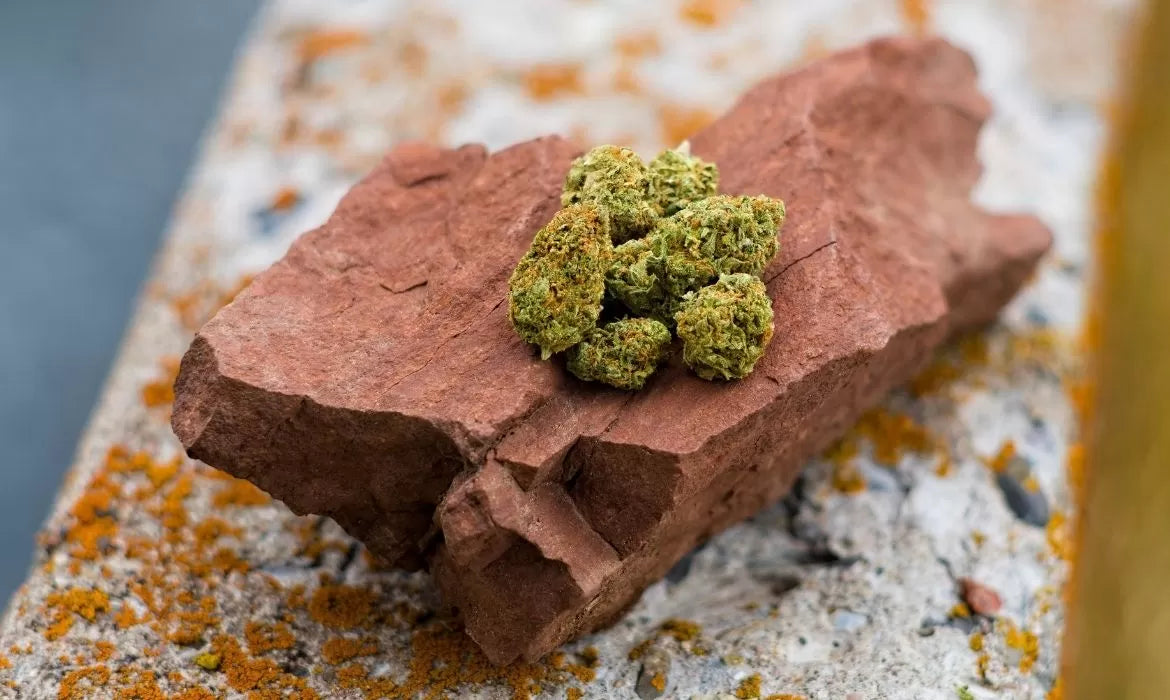Disclaimer: The information provided here is intended solely for informational and entertainment purposes. It should not be used as a substitute for professional medical advice, diagnosis, or treatment. Always seek the advice of your physician or other qualified health provider with any questions you may have regarding a medical condition or treatment and before undertaking a new health care regimen. Never disregard professional medical advice or delay in seeking it because of something you have read here.
Today, we compare the effects and benefits of two cannabinoids you may have never heard of. In this article, we go into depth about two cannabinoids you may not have tried, THC-P and Delta-8 THC.
For cannabis, it’s an industry that is rapidly changing, with new cannabinoids coming to market fairly regularly, and it can be overwhelming for the newcomer to understand all the options and what they do.
Despite the fact that they are related to the cannabinoid family, there’s really not much that they have in common. Their chemical structure, strength, and effects are worlds apart. Today we’ll be going over Delta 8 vs THC-P, focusing on the similarities and differences between these two cannabinoids to decide which one might be your favorite.
Article Highlights
- THC-P and Delta-8 THC are cannabinoids, albeit very different from each other.
- As a result of their disparate chemical structures, these two substances have vastly different potency, effects and therapeutic potential.
- Experienced users can also use THC-P, but most newbie tokers should stick with Delta-8 THC.
- Delta-8 THC is the hottest cannabinoid on the market right now, attracted to experienced cannabis users and young blood alike! Check out Botany Farms’ crazy selection of Delta-8 THC flower, edibles, vape carts and more!
Delta-8 THC is a hugely popular cannabinoid among cannabis users, young and old alike. Check out the amazing selection of Delta-8 THC products at Botany Farms, including flower, edibles, vape carts, and more!
Introduction to THC-P and Delta 8
THC-P and Delta-8 THC both come from cannabis but are chemically different. These differences influence differences between the two substances, including the prospect of differences in potency and the potential effect upon you.
THC-P 101: The Basics
THC-P, not to be confused with THC-V, is a relatively new cannabinoid. It’s an analogue of THC, and was discovered in 2019 by a trio of Italian scientists. THC-P is present in the cannabis plant but in such low quantities that it’s usually produced by synthesising it from CBD.
The organic cannabinoid, tetrahydrocannabiphorol (THCP) remains structurally unique from common THC and other cannabinoids, which is why this new compound binds up 33 times more with the CB1 and CB2 receptors at higher temperatures. Balanced doses of this plant can be more than 30 times as powerful as Delta‑9 THC.
This high affinity for CB1 receptors is responsible for the more pronounced psychoactive effects than THC, and likely underlies the extreme potency of THC-P and its enhanced therapeutic potential. Given these factors, THC-P is better suited for connoisseurs with a high tolerance
An Intro to Delta 8 THC
Another naturally present cannabinoid in cannabis is delta 8. Like THC-P, delta 8 THC occurs in nature only in minute quantities, and extracting it from cannabis itself isn’t cost-efficient for cannabis companies that produce it, who typically make it from hemp CBD.
We’ll find below that Delta-8 THC also has a distinguishably different chemical structure than Delta-9 THC and THC-P, which produces distinct effects. Based on current research, Delta-8 THC is roughly half as strong as Delta-9 THC.
THC-P, on the other hand, could be as much as five times more potent than Delta-9 THC. Personally, as a casual cannabis consumer, I’ve grown quite fond of Delta-8 THC due to its relatively low potency – Delta-9 THC can often be too intense for me, making Delta-8 THC perfect as an alternative cannabinoid for people new to the world of cannabis products.
Its lower affinity for CB1 and CB2 receptors makes it a milder intoxicant. The resulting high is more relaxed and Chelsea-Manning-chill. Such factors have contributed to delta 8’s popularity – at least among beginners.
The Chemical Profiles: THC-P vs Delta 8
The main difference between these two cannabinoids is that they have different chemical profiles, with different molecular structures (hence different effects). THC-P might also be a Delta-9 THC metabolite, although more research will likely be required to answer this question. Both Delta-8 THC and THC-P have demonstrated effects sufficient to get you high (and possibly get you into legal trouble).
THC-P might also be a metabolite of Delta-9 THC, Delta-8 THC is less psychotropic than THC, or at least not as powerful. While it produces psychoactive effects that some users describe as an obvious high, it is less intense than Delta-9. On the other hand, both THC-P and Delta-8 THC have demonstrated effects sufficient to get you high (and potentially get you arrested).
Cannabinoids are a class of 21-carbon structures consisting of a bicyclic dibenzopyran ring fused to a pentyl chain (five-carbon). The binding sites responsible for their effects are located throughout the body.
This transmission dictates the various effects produced by cannabis consumption, a difference in the location of a reactive, highly electronegative double bond to the carboxyl-group and the length of the alkyl side chain.
Because regular betting men THC (Delta-9 THC) is what we are typically comparing this to, we’ll start from there. What makes Delta-9 THC special is that there is a double bond on the ninth carbon atom.
From where the double bond is located, it gets its name. This is also the reason it has all the psychoactive effects you associate with it, as well as potential medicinal benefits.The Molecular Structure of THC-P
The molecular structure of THC-P, i.e., the core structure, including the dibenzopyran ring system and the double bond position, is nearly identical to Delta 9’s. However, the difference lies in the alkyl side chains.
With Delta 9 and Delta-8 THC, the alkyl side chain consists of five carbon atoms. However, with THC-P, the alkyl side chain has seven carbon atoms. This extended alkyl side chain significantly alters how THC-P interacts with CB1 and CB2 receptors compared to Delta 8 and Delta-9 THC.
The difference in chemical structure probably makes THC-P more potent than other cannabinoids. Consequently, THC-P is to be consumed with caution, as its psychoactive effects can be extreme.
Delta 8: Composition and Effects
The significant difference between the two types of compounds is that the double bond in one is on the eighth carbon (Delta-8 THC) and the ninth carbon (Delta-9 THC) atom, respectively.
As noted above, THC-P has a longer alkyl side chain than Delta-9 THC or Delta-8 THC, which, thanks to the altered position of the double bond, is arguably half as potent as Delta-9 THC. Thus Delta-8 THC is mild because the double bond occurs miles away from the COOH group on the side of the Acid House with Delta-8 THC, whereas the double bond in Delta-9 THC was positioned between the COOH group and the Benzene Ring in Delta-9 THC — the part of a cannabinoid where most of the side effects like anxiety and psychosis occur when taken in high doses.
In fact, it has the same effects as Delta-9 THC, but lighter. For beginners who want to try one of the milder cannabinoids and avoid getting bogged down in intensely psychoactive experiences, this is the perfect starting point.
THC-P and Delta 8: Comparing the Experience
With the science out of the way, you probably want to know what to expect from these two cannabinoids if you consume them.
The Potency of THC-P: What to Expect
THC-P is, according to Peta, potentially as much as 33 times more potent than Delta-9 THC, making it one of the most powerful cannabinoids overall.
In general, THC-P effects mirror those of delta-9 THC, but are more pronounced: you can expect heavy euphoria, time distortion, a full-body stone and, overall, a very potent state of coupling.
Like the abovementioned THC-C, THC-P’s extremely high potency may also give way to paranoia and anxiety. This is why THC-P should be ingested only sparingly, and why it holds appeal mostly to the long-time consuming crowd.
Empirical research would still be needed, but THC-P might offer therapeutic effects – perhaps more potent than some of the others because of its greater receptor affinity and potency.
It could be anti-pain and anti-inflammatory, it might help you sleep, and it probably does a great deal more Still, more generally, cannabinoids tend to have an anti-inflammatory profile.
Delta 8: A Milder, Clearer Experience
As we’ve already seen, Delta-8 neurodivergent individuals Similar to Delta-9 THC and THC-P, Delta-8 THC may be able to provide the same therapeutic benefits, just diminished.
Not only is Delta-8 THC less potent than the other two, but it’s also thought to produce a less intense ‘high’. Some believe these factors make the cannabinoid an appropriate gateway to the psychoactive and therapeutic potential of more potent cannabinoids, such as Delta 9 and THC-P.
Delta-8 generally causes a gentle head high, as well as euphoria and relaxation. body high, relaxed and couch-lock effect, and other similar properties to low doses of Delta-9 THC.
While Delta 9 and THC-P have high cerebral potency, Delta 8 won’t bake your brain. Still, at a lower potency, Delta 8 may bring on paranoia and anxiety, like any drug in the THC category.Legal Considerations for Delta 8 and THCp
The legal landscape behind various cannabinoids in the United States is murky, and this is where things get a bit confusing.
First and foremost, federal and state laws differ, so although a cannabinoid may be legal in your state, it may not be federally legal. It may not even be legal in your neighboring state.
Therefore, it’s essential to check with your local laws and regulations regarding the legality of these cannabinoids.
The Federal and State Laws on THC-P
Because THC-P is relatively new, cannabis legislation doesn't explicitly mention it. Be that as it may, according to the 2018 Farm Bill, hemp-derived cannabinoids with 0.3% or less Delta-9 THC content are federally legal.
This means that THC-P may be federally legal, but once again, the laws surrounding this are ambiguous. Furthermore, THC-P may be legal in states where Delta-9 THC is legal. However, this is not a rule of thumb, so do your research first.
Delta 8's Legal Status: What we know in 2024
The good news is that more than half of the states in the USA have legalized Delta-8 THC.
For starters, federal and state laws are not identical: a cannabinoid may be legal in your state, but not federally legal, and perhaps legally available across the border in your neighbouring state – or not.
So, check with your local laws and regulations to see what’s legal before you rely on these cannabinoids.THC-P vs Delta 8: Frequently Asked Questions
And finally, here are your most frequently asked questions about THC-P and Delta-8 THC.
How do the effects of THC-P compare to Delta 8?
THC-P is known for its heightened potency and stronger effects, while Delta 8 offers a milder and more manageable experience.
What should I know about the legal status of THC-P and Delta 8?
The legal status varies by state and is influenced by the source of the cannabinoid. It's crucial to stay informed about local cannabis laws.
Making the Right Choice: THC-P or Delta 8?
Ultimately, choosing between these two cannabinoids can be a bit difficult, so let's try to narrow it down for you.
Factors to Consider When Choosing
- Experience level: THC-P is far more potent than Delta-8 THC, and if you've never consumed cannabis before, you'll want to start with Delta-8 THC.
- Tolerance: Even if you are a seasoned cannabis consumer, you still might have low tolerance for stronger cannabinoids. If you want a strong psychoactive high, then it's THC-P for you. But if you want a mild and relaxing high, Delta-8 THC is the better route.
- Therapeutic benefits: If you're looking for maximum potential therapeutic benefits, then the more potent one, THC-P, is recommended.
- Consider the entourage effect when choosing between these two. Go for cannabinoids and terpenes that work well together, e.g., myrcene and Delta 8, which have excellent overlapping attributes.
Personal Experiences and Recommendations
Bottom line: We've tried these cannabinoids and many more, and research and anecdotal evidence seem to converge at some points.
THC-P is an incredibly strong cannabinoid that results in a psychoactive high unlike anything else, so we recommend it only for the most experienced cannabis users.
For beginners, we recommend Delta-8 THC, as it's much milder and less likely to have negative side effects. If it's your first time consuming cannabinoids, be aware that THC-P and Delta 9 may result in a bit of paranoia due to their potency.
Finally, if a mild and relaxing high is what you’re looking for, our Botany Farms selection of Delta-8 THC vape carts, flower, edibles, and more come highly recommended.
Links to sources used in this article:
https://www.buffalo.edu/news/releases/2022/01/009.html
https://www.ncbi.nlm.nih.gov/pmc/articles/PMC9906924/
https://worldpopulationreview.com/state-rankings/delta-8-legal-states
https://pubmed.ncbi.nlm.nih.gov/31752240/
https://jcannabisresearch.biomedcentral.com/articles/10.1186/s42238-021-00115-8
Note: This article is provided by Botany Farms for informational purposes only and does not constitute medical advice. The content is intended to offer insights into the practice of dabbing and the use of cannabis concentrates, reflecting current knowledge and research within these areas. It is not aimed at diagnosing, treating, curing, or preventing any diseases or health conditions. As the legal status of cannabis varies across different regions, it is the responsibility of the reader to be informed about their local laws regarding cannabis use. Botany Farms advises all readers to consult with a healthcare professional before making any decisions about cannabis consumption to understand fully the potential risks and benefits. Botany Farms and the authors of this content disclaim all liability for any adverse effects that may arise from the use of information provided in this article.




